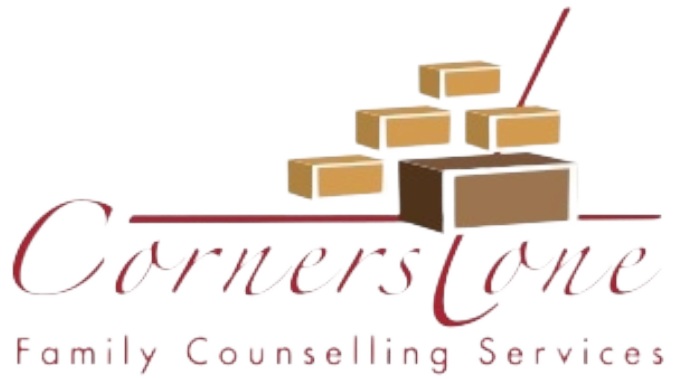Admitting you need help can feel overwhelming but taking that first step is an act of courage. If you or someone you care about is struggling with depression, know that help is available, and healing is possible. Here’s how to begin the journey to recovery.
1. Recognize the Need for Help
Depression is a serious condition that requires attention. If you’re experiencing persistent sadness, loss of interest, fatigue, difficulty concentrating, or other symptoms for more than two weeks, it’s time to seek support. Not sure if your symptoms qualify? Start with a Depression Screening Tool to gain clarity about your mental health.
2. Reach Out to a Professional
Therapists, counsellors, and doctors can provide expert guidance tailored to your unique situation. At Cornerstone Family Counselling Services, we specialize in creating personalized treatment plans for clients across Ontario. Whether through Cognitive Behavioural Therapy (CBT), faith-based counselling, or other evidence-based approaches, professional support can provide relief and equip you with tools to manage depression.
3. Leverage Community Resources
Ontario has a wealth of mental health resources. Organizations like ConnexOntario and CAMH offer free, confidential help to connect you with local services, including crisis lines, peer support groups, and mental health clinics.
4. Build a Support Network
You don’t have to face depression alone. Connecting with trusted friends, family, or a support group can make a significant difference. Many organizations, like the Mood Disorders Association of Ontario, offer peer support groups where you can share experiences and gain encouragement from others who understand what you’re going through.
5. Practice Self-Care
Self-care is a critical component of managing depression. While it might feel difficult, small actions can have a cumulative effect on your well-being:
· Prioritize sleep – A well-rested mind is better equipped to cope with stress.
· Stay active – Even a short walk can boost mood-enhancing chemicals in the brain.
· Eat nourishing foods – A balanced diet supports mental health.
· Engage in uplifting activities – Reading, listening to music, or pursuing a hobby can provide comfort.
· Limit social media and news consumption – Too much exposure can amplify feelings of hopelessness.
· Practice gratitude – Even on hard days, acknowledging small blessings can shift perspective.
6. Know That It’s Okay to Not Be Okay
Depression can make you feel like you should be “strong” or “have it all together.” But the truth is, it’s okay to have tough days. You don’t have to force happiness or pretend everything is fine. Seeking help is not a sign of weakness but of strength. Healing takes time, and it’s okay to move at your own pace.
7. Hold Onto Hope
Depression can make it hard to see beyond the pain, but hope exists—even if it doesn’t feel that way right now. Many people have walked this path before and have found light again. Treatment works, support helps, and better days are possible. You are not alone, and there are people who genuinely care about you and want to help.
8. If You Are in Crisis
If you are experiencing a life-threatening situation or feel like you may harm yourself, please seek immediate help. Call 911 or go to your nearest emergency room. You can also visit our Emergency Resources page for a list of crisis hotlines and support services that can provide immediate assistance.
Why Choose Cornerstone Family Counselling Services?
At Cornerstone, we understand the challenges of depression and provide compassionate, confidential, and evidence-based care. Whether you need short-term support or a longer therapeutic journey, we are here for you.
You deserve support. Take the first step toward healing today. Book a 15-minute complimentary consultation to learn more about how we can help.
Recommended Resource
Visit ConnexOntario for assistance in finding mental health and addiction services in your area.






